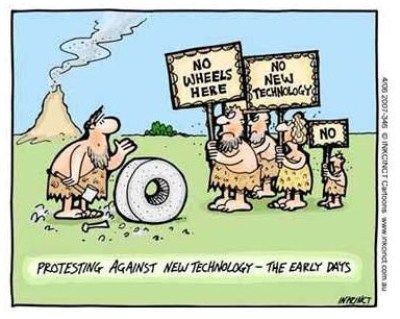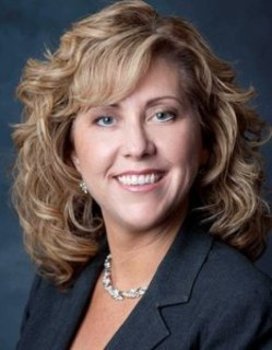Communication Access Real‑time Translation (CART) is provided in order to facilitate communication accessibility and may not be a totally verbatim record of the proceedings. Consumer should check with the moderator for any clarification of material.
This text-based course is a written transcript of the event, “Assistive Technology for Individuals with Traumatic Brain Injury: Current Technologies and Available Evidence”, that was presented by Dr. Jennifer Ostergren, Jerica Montgomery, and Megan Carey on December 8, 2011.
>> Amy: Good afternoon or good morning, depending where you are. I would like to welcome you to the SpeechPathology.com e‑Learning Expert Seminar. Today's seminar is “Assistive Technology for Individuals with Traumatic Brain Injury: Current Technologies and Available Evidence.” My name is Amy Natho and I will be your moderator for this online course. At this time, it is my pleasure and great honor to introduce Dr. Jennifer Ostergren, Jerica Montgomery, and Megan Carey. Dr. Ostergren is Assistant Professor and Graduate Advisor at CSULB. Her areas of specialization are adults with neurologic language and cognitive disorders, and professional practice issues related to supervision and training of SLPs and SLPAs. She focuses on maximizing treatment outcomes through the use of functional paradigms, neurologic processing principles, evidence based investigation and assistive technology. Jerica Montgomery’s research interest is TBI and autism. In 2009 Jerica was author of a poster presentation at the Student Research Symposium and was honored with the outstanding graduate award in the College of Health and Human Services at San Diego State University. Megan Carey currently serves on CSHA's executive board as the Southern California Student Representative and on National NSSLHA's Executive Council as the West Coast representative. Her research interests include aphasia and language development. At CSHA 2010, Megan was first author of a poster presentation on a collaborative approach to aphasia. Welcome Jennifer, Jerica, and Megan. We are appreciative that you're here today and look forward to your talk.
>> Jennifer: Welcome, everyone. We're contacting you from sunny California. We're excited to be here, and I would like to start out our presentation with a bit of humor that we found related to technology:

We thought this would be an interesting introduction to our presentation. We have given a similar presentation, most recently at the national convention, and one of the things that we have realized is that talking about technology can evoke two emotions: Either anxiety or excitement. In the cases where it evokes anxiety, we wanted to offer this presentation to help you allay some of those fears in realizing that technology is our friend. While at times it can be anxiety provoking, we can work through this as SLPs and find resources and tools that will benefit our clients.
First, let me go over with you what our learning outcomes are for today's session. I will be presenting first, followed by Jerica and Megan. We welcome questions, and we’ll hang onto those until the end of the presentation. If you looked at our slides, you’ll notice we have quite a bit of content to cover today and we will do our very best to get to all of that important information. The learning outcomes for today and the information we plan to include are to first discuss some of the available research out there relative to assistive technology and TBI, followed by describing a feature matching system that we have been in the process of developing and utilizing here at Cal State Long Beach, and then to describe resources that are available to SLPs in finding assistive technology, and finally to go over commercially marketed devices that could be utilized for individuals with memory, attention and executive function impairments.

